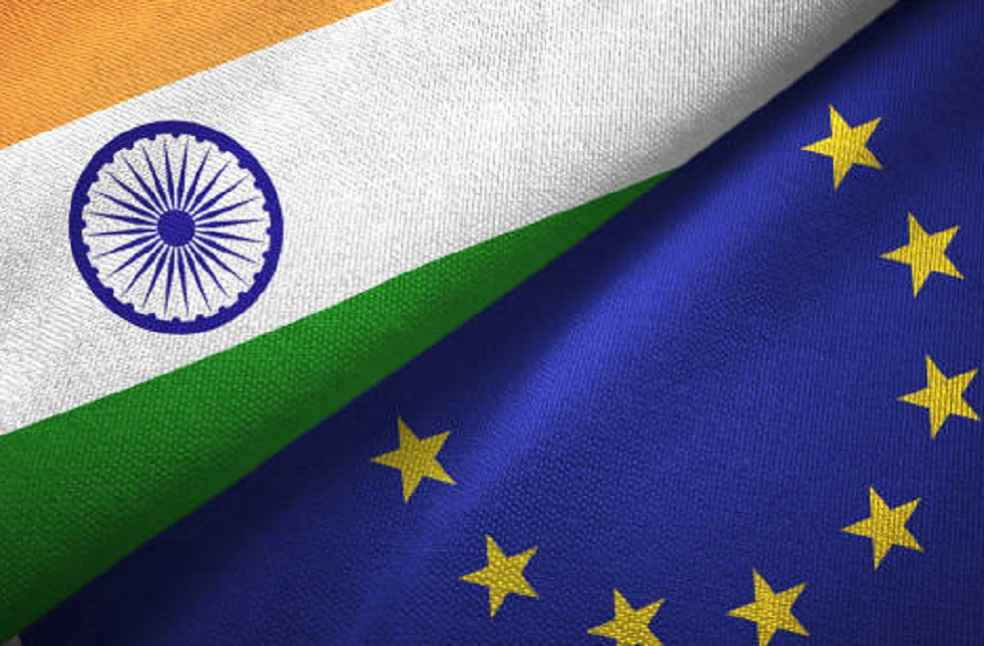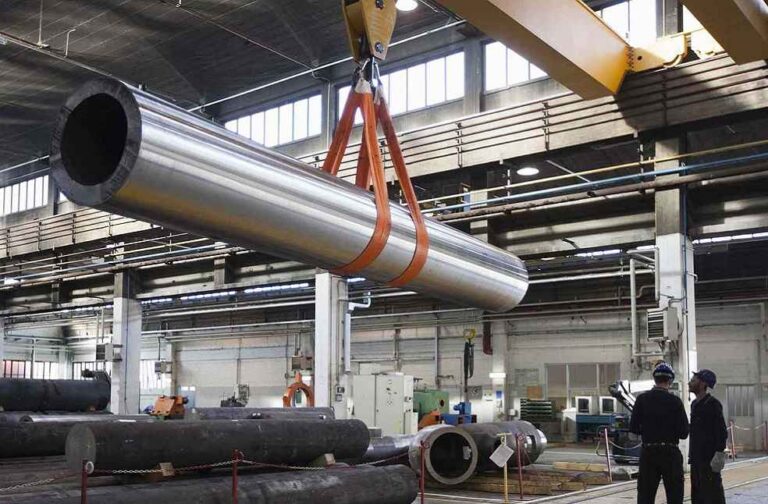Escalating tensions prompted India to consider retaliatory tariffs under World Trade Organization rules, in responding to the European Union’s extension of safeguard duties on steel imports.
Situation Overview:
The European Union’s decision to prolong safeguard measures on steel until 2026, first enacted in 2018, significantly impacts India, a principal steel supplier to the EU. This year, India’s steel exports to the EU surged to $6.64 billion from $6.1 billion last year.

Controversy Analysis:
India challenges the EU’s extended safeguard duties at the World Trade Organization, arguing these measures violate international trading standards and the WTO’s Agreement on Safeguards. India put forward that these EU actions unfairly skew the competitive landscape, detrimentally affecting its steel exports.
Response Strategy:
Following unsuccessful dialogues aimed at resolving the dispute, India is poised to impose retaliatory tariffs on European goods, a move guided by established WTO procedures. This prospective action indicates a readiness to escalate the dispute.

Broader Implications:
This scenario is part of a larger pattern where nations react to protective measures that others have put in place; a notable example is the U.S. imposing additional steel duties, prompting the EU to adopt similar protective measures. Complications increase with the EU’s recent initiatives, like carbon taxes, which affect multiple trade sectors.
Ongoing Discussions:
Amidst these challenges, India pursues a free trade agreement with the EU to boost economic ties. Despite current disagreements, trade figures indicate a slight uptick in India’s exports to the EU, with exports totaling around $76 billion in 2023-24, contrasting with a slight drop in imports.
BUSINESS GENERAL | Global Trade’s Uncertain Future Due to Political Challenges



